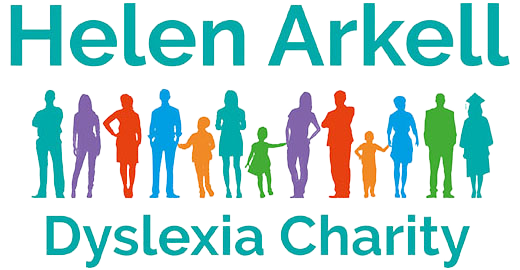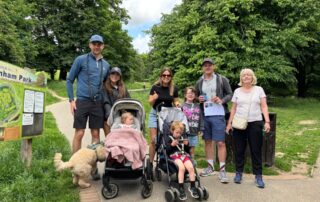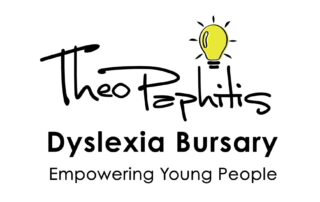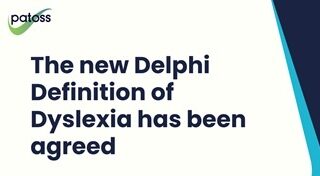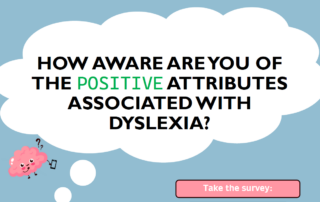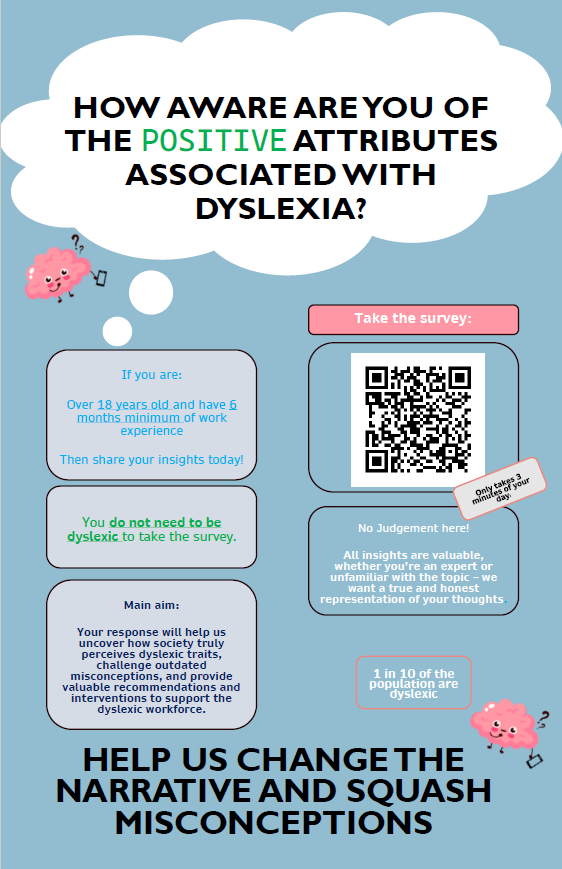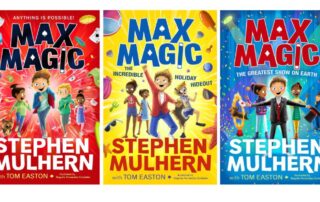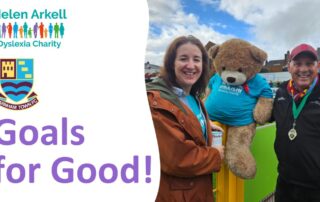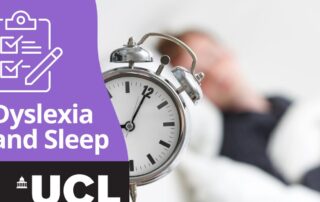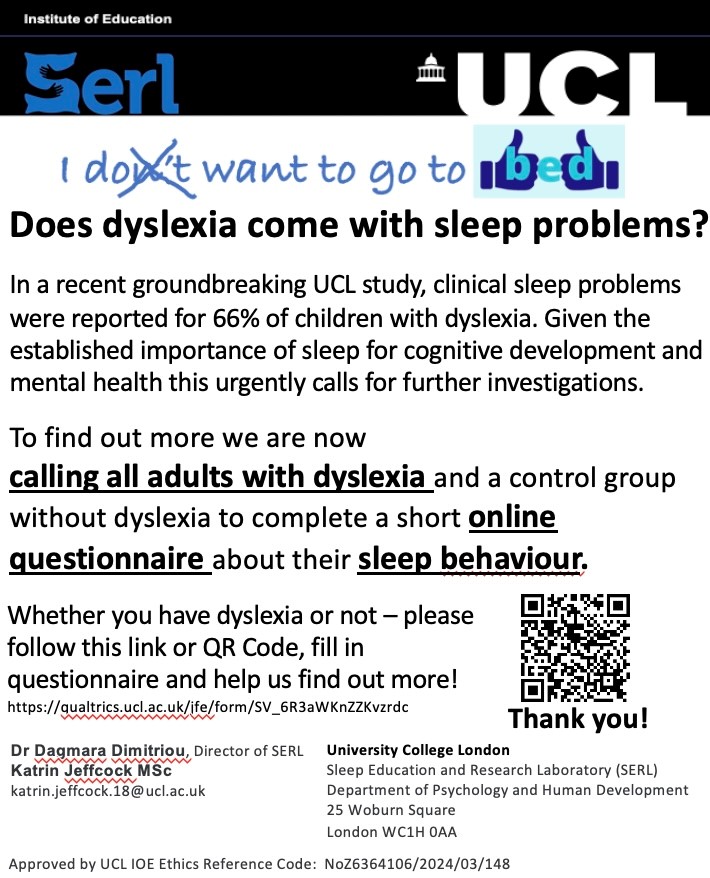A Huge Thank You to Everyone Who Took Part in Our Big Walk for Dyslexia and Miles in May Challenge!
What an incredible few weeks it’s been! From the determined efforts of our Miles in May participants to the joyful, sun-filled steps of our Annual Big Walk for Dyslexia, your energy, commitment, and community spirit have truly inspired us.
Big Walk for Dyslexia
Over 5K walked in glorious sunshine, surrounded by an amazing community united in support of dyslexia awareness. From families to four-legged friends, everyone brought smiles, energy, and generosity, making it a day to remember.
A heartfelt thank you to every single person who joined us, whether you walked, volunteered, cheered from the sidelines, or supported from afar. Your involvement means the world.
Miles in May Challenge
Throughout May, our incredible supporters walked, ran, and cycled distances of their choice in our virtual challenge, raising vital funds and awareness for dyslexia. Together, you covered over 285K!
Every mile mattered, and every mile made a difference.
The Impact
Thanks to your collective efforts, both events raised £1150 for the Helen Arkell Dyslexia Charity, directly supporting individuals with dyslexia across the UK.
From all of us at Helen Arkell, thank you for being part of this movement. Let’s keep walking, keep talking, and keep making change, together.
Special shoutouts go to:
Howden Insurance – for not only sponsoring the event but for walking alongside us and showing such generous support.
Co-op – for donating delicious cakes that kept us fuelled and smiling.
